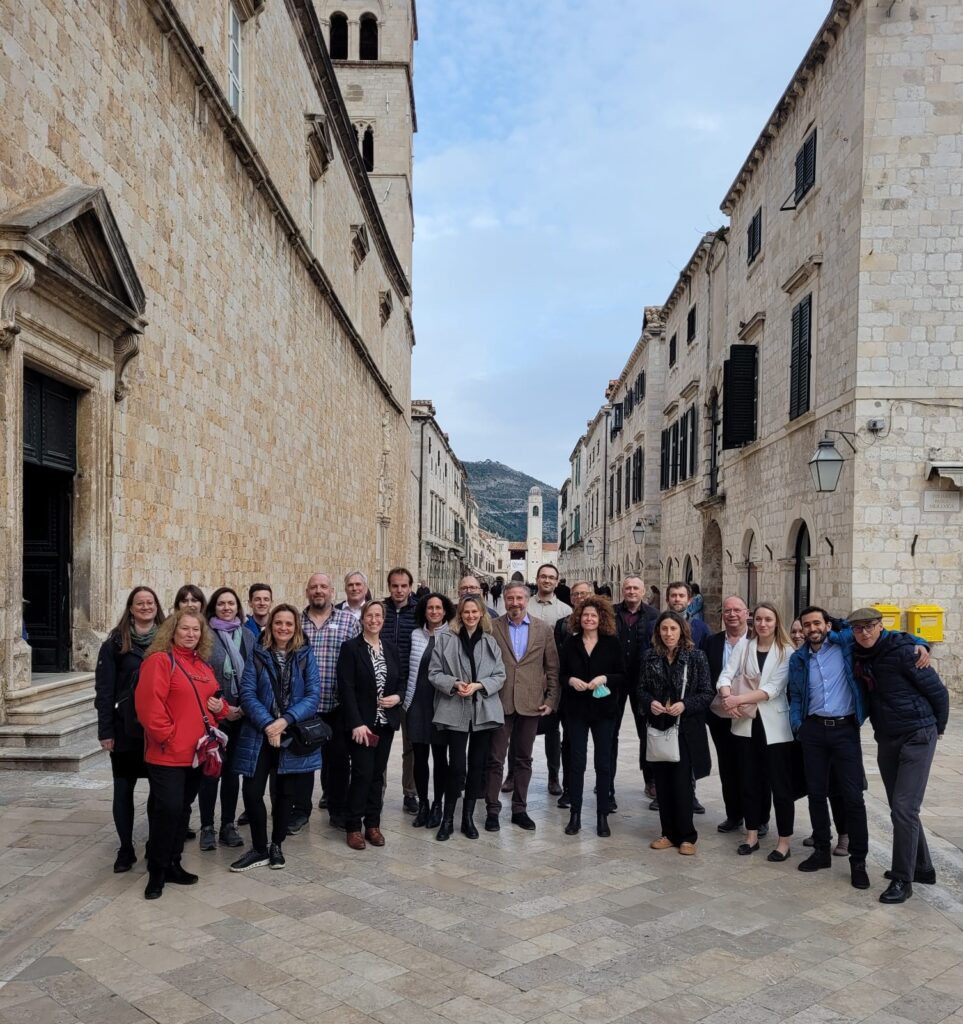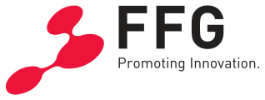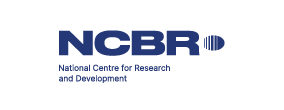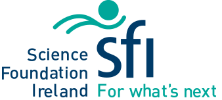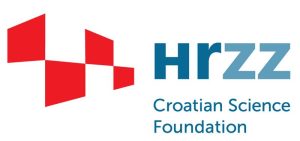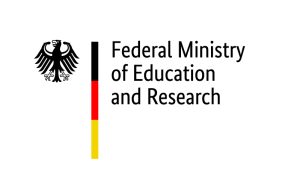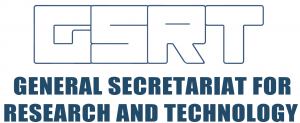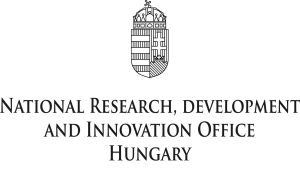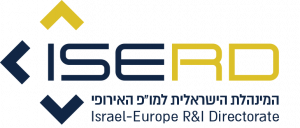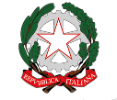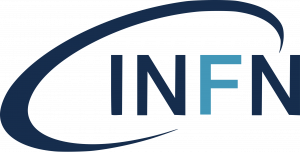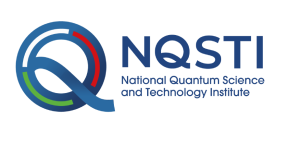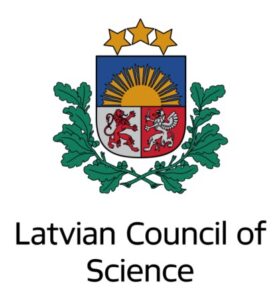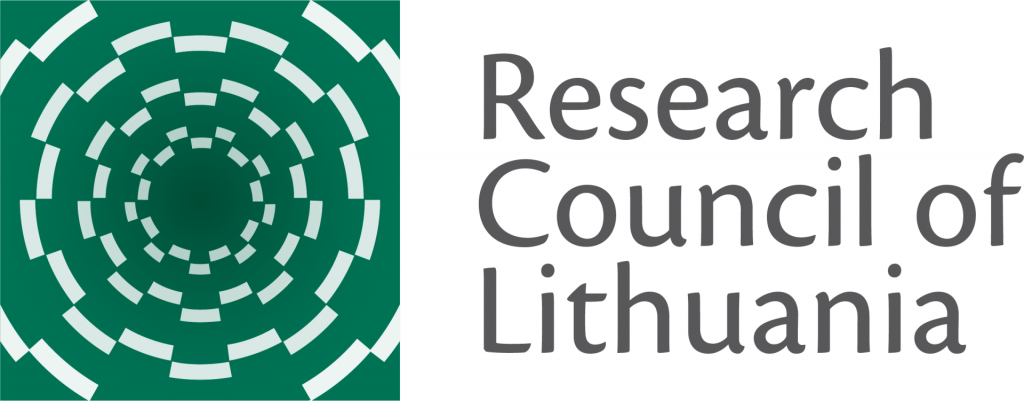Foundation for Science and Technology (FCT)

Fundação para a Ciência e a Tecnologia (FCT) is the national funding agency for science, technology and innovation, in all scientific domains. Under the aegis of the Ministry for Science, Technology and Higher Education, FCT started its activity in August 1997, succeeding the Junta Nacional de Investigação Científica e Tecnológica (JNICT). Since March 2012 FCT coordinates public policies for the Information and Knowledge Society in Portugal, after the integration of the UMIC –Knowledge Society Agency. In October 2013, FCT took over the attributions and competences of the Fundação para a Computação Científica Nacional (FCCN), [Foundation for National Scientific Computation].
FCT’s mission is to continuously promote the advancement of knowledge in science and technology in Portugal, attain the highest international standards in quality and competitiveness, in all scientific and technological domains, and encourage its dissemination and active role in society and in economic growth.
FCT pursues its mission by funding fellowships, studentships and research contracts for scientists, research projects, internationally competitive research centres and state-of-the-art infrastructures, via competitive calls with international peer-review. FCT ensures Portugal’s participation in international scientific organisations, fosters the participation of the scientific community in international projects, and promotes knowledge transfer between R&D centres and industry. Working closely with international organisations, FCT coordinates public policy for the Information and Knowledge Society in Portugal and ensures the development of national scientific computing resources. FCT also provides the institutional framework for the Research Councils.
FCT’s budget encompasses funds from the Portuguese state budget and European structural funds. Funding is structured around the following schemes: Graduate Education and Career Development (studentships, fellowships and contracts), R&D Projects (in all scientific domains), R&D Centres (Associate Laboratories, R&D Units), International cooperation (bilateral cooperation, membership of international organisations and international partnerships) and Others (includes Rede Ciência, Tecnologia e Sociedade, Information Society, B-on, Support for Scientific Community Fund and Public Understanding of Science).
Main contact:
Website: https://www.fct.pt/


